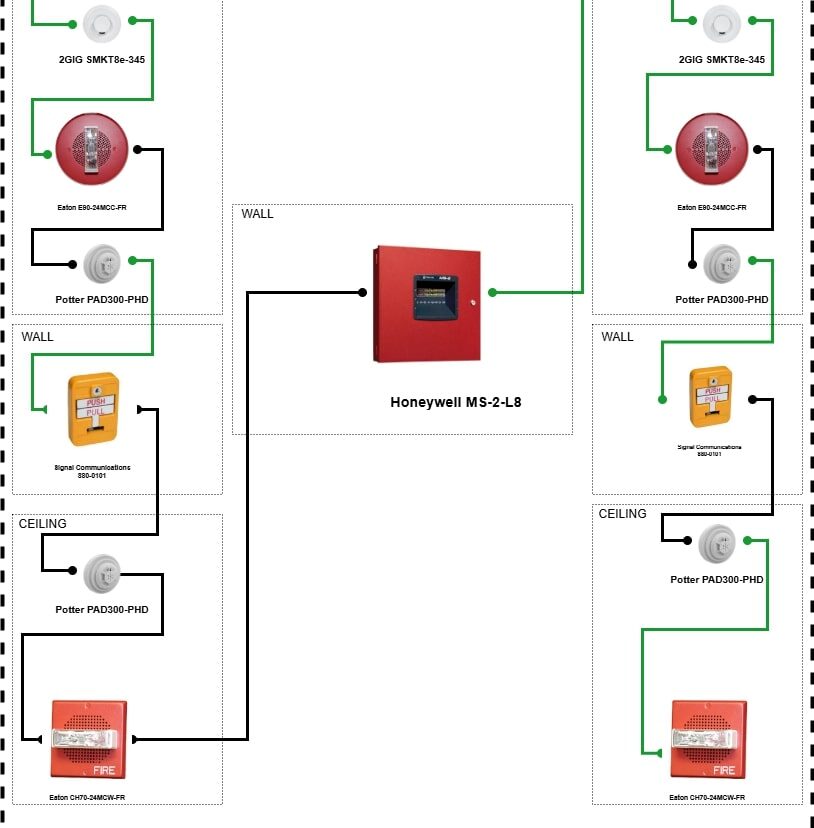How the UAE is Leading the Middle East in Sustainable Development
The United Arab Emirates (UAE) has established itself as a regional leader in sustainable development, making substantial progress towards meeting the United Nations’ Sustainable Development Goals (SDGs). Through strategic initiatives and forward-thinking policies, the UAE is committed to fostering sustainability across various sectors, with the goal of creating a prosperous and environmentally responsible future. This article highlights how the UAE is driving sustainable development in the Middle East, underpinned by data, statistics, and proven initiatives.
UAE’s Commitment to the UN’s Sustainable Development Goals
In 2015, the United Nations introduced the 17 Sustainable Development Goals (SDGs) to address critical global challenges such as poverty, inequality, environmental degradation, and climate change. The UAE has embraced these goals as a core part of its national agenda, with a strong focus on achieving them by 2030. The UAE Sustainable Development Goals are integrated into its long-term strategies, including Vision 2021 and Vision 2071, which aim to create a sustainable and diversified economy.
The UAE’s role in advancing the SDG goals is driven by a comprehensive commitment to sustainability. By promoting innovation, reducing carbon emissions, and enhancing social equality, the UAE continues to be at the forefront of sustainability efforts in the region. Hosting COP28 in 2023 further cements its global leadership in climate action.
Do you want to visit Char Dham? Char Dham Travel Agent is the best place to plan your Char Dham tour. You can book the tour from here.
Key Achievements in Sustainable Development
Climate Action and Clean Energy
A standout achievement of the UAE is its progress towards SDG 7: Affordable and Clean Energy. The nation has heavily invested in renewable energy and now leads the Middle East in this area. The Mohammed bin Rashid Al Maktoum Solar Park, the world’s largest single-site solar park, showcases the UAE’s dedication to sustainable energy. By 2030, the UAE aims to generate 50% of its energy from renewable sources, significantly reducing its carbon footprint.
Moreover, the Net Zero by 2050 initiative illustrates the UAE’s ambitious approach to combating climate change, aligning with SDG 13: Climate Action. As the first country in the region to commit to net-zero carbon emissions, the UAE continues to pioneer efforts towards building a low-carbon economy.
Water Conservation and Food Security
The UAE has taken innovative steps to tackle issues such as water scarcity and food security, which are particularly critical in the Middle East. The National Food Security Strategy promotes sustainable agriculture, food production innovation, and smart water management systems, aligning with SDG 2: Zero Hunger. This initiative ensures a secure and sustainable food supply for the future.
Would you like to visit Indiar? A tour operator in India is the best place to plan your tour. You can book a tour from here.
Additionally, the UAE has made advances in water desalination and water conservation efforts, further supporting SDG 6: Clean Water and Sanitation. By implementing projects like vertical farming and efficient water use in agriculture, the UAE is successfully adapting to its desert climate while ensuring sustainable food and water resources.
Gender Equality and Empowerment
Gender equality is a central part of the UAE’s sustainability agenda, as outlined in SDG 5: Gender Equality. The UAE has made considerable strides in empowering women, particularly in leadership roles. In 2019, the government launched the Gender Balance Index to track progress in achieving gender equality across public institutions. Today, women occupy 50% of seats in the Federal National Council, and the UAE ranks first in the region for gender equality, according to the World Economic Forum.
Private sector initiatives, such as Aurora50, which aims to increase female representation in boardrooms, further demonstrate the UAE’s commitment to creating an inclusive and equitable society.
Would you like to visit Haridwar? Travel agents in Haridwar are the best place to plan your trip. You can book your tour right here.
Sustainable Cities and Infrastructure
The UAE’s progress in achieving SDG 11: Sustainable Cities and Communities is showcased by its investment in urban sustainability. Masdar City, a pioneering project, is a fully sustainable urban community powered entirely by renewable energy. It is designed to serve as a model for future cities, focusing on energy efficiency, low-carbon living, and environmental stewardship.
Furthermore, the UAE is building sustainable infrastructure through energy-efficient buildings, green spaces, and smart transportation systems, all aimed at reducing environmental impact while enhancing urban living standards.
Proven Impact: Data and Statistics
- The UAE aims to reduce its carbon emissions by 70% by 2050 through renewable energy projects.
- In 2023, the UAE invested over $17 billion in clean energy initiatives globally.
- The Mohammed bin Rashid Solar Park is expected to produce 5,000 MW of electricity by 2030, cutting carbon emissions by 6.5 million tonnes annually.
- Women account for 66% of public-sector employees, with 30% in leadership roles, reflecting the UAE’s commitment to gender equality.
Conclusion
The UAE’s leadership in achieving the Sustainable Development Goals (SDGs) is a testament to its unwavering commitment to sustainability and innovation. By focusing on clean energy, water conservation, food security, and gender equality, the UAE has set a benchmark for sustainable development in the Middle East. Its dedication to the UAE Sustainability Goals ensures that the country will continue to lead regional efforts in building a more sustainable, inclusive, and prosperous future.
As the UAE continues to integrate the UAE Sustainable Development Goals into its national strategies, it not only drives its own growth but also plays a significant role in the global push for sustainability, positioning itself as a leader in achieving meaningful environmental and social change.



